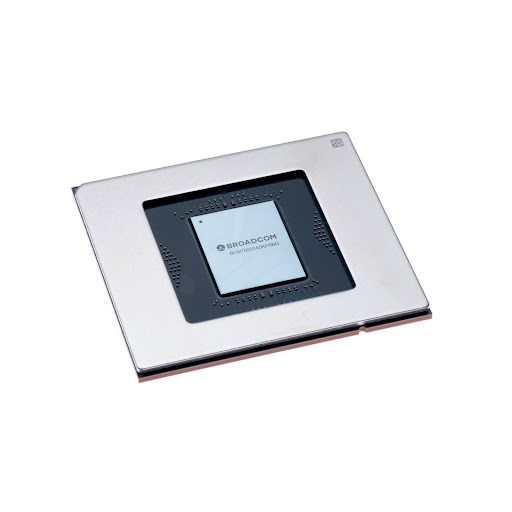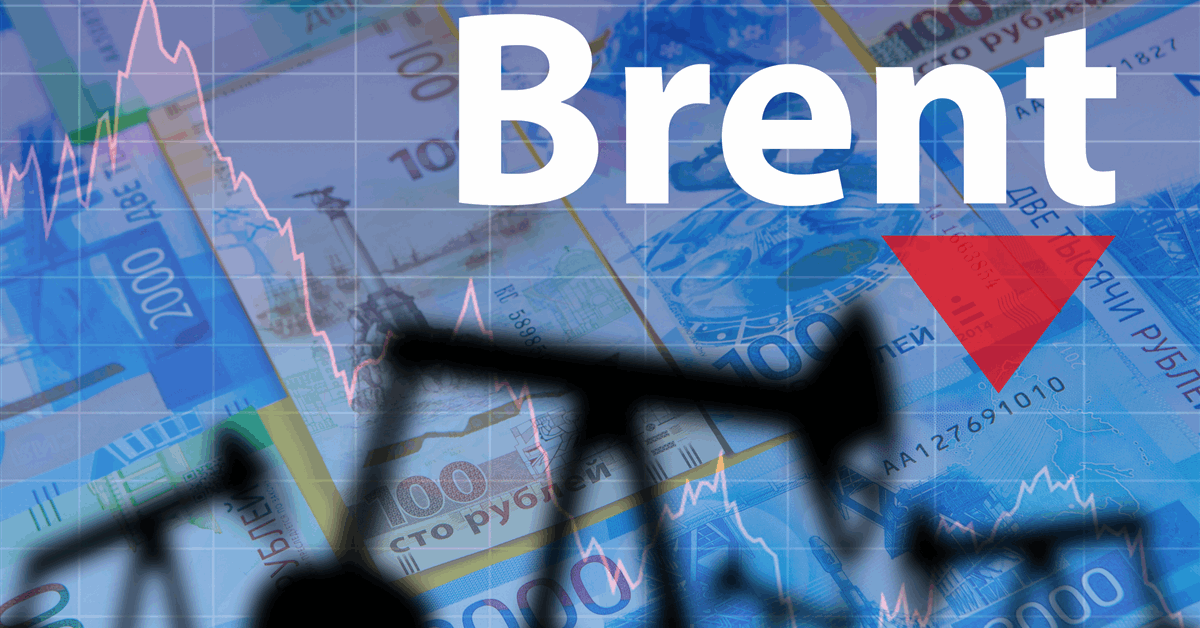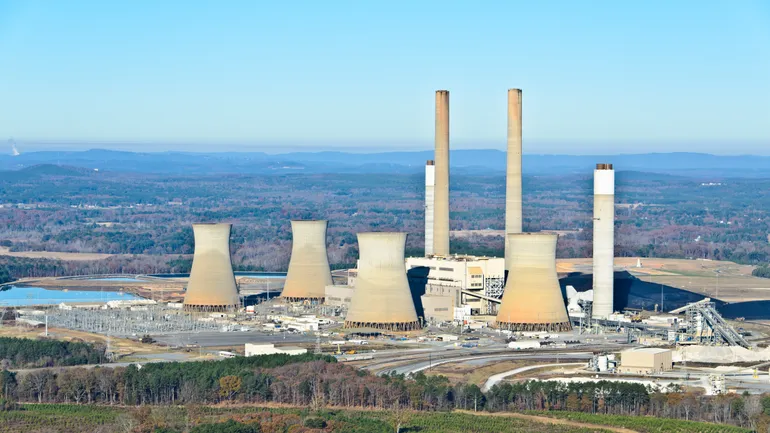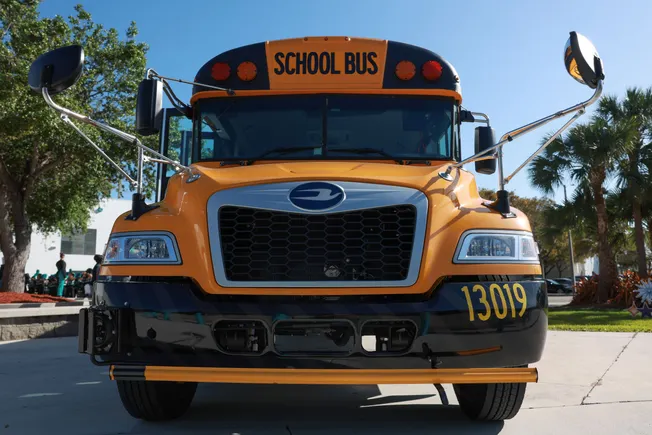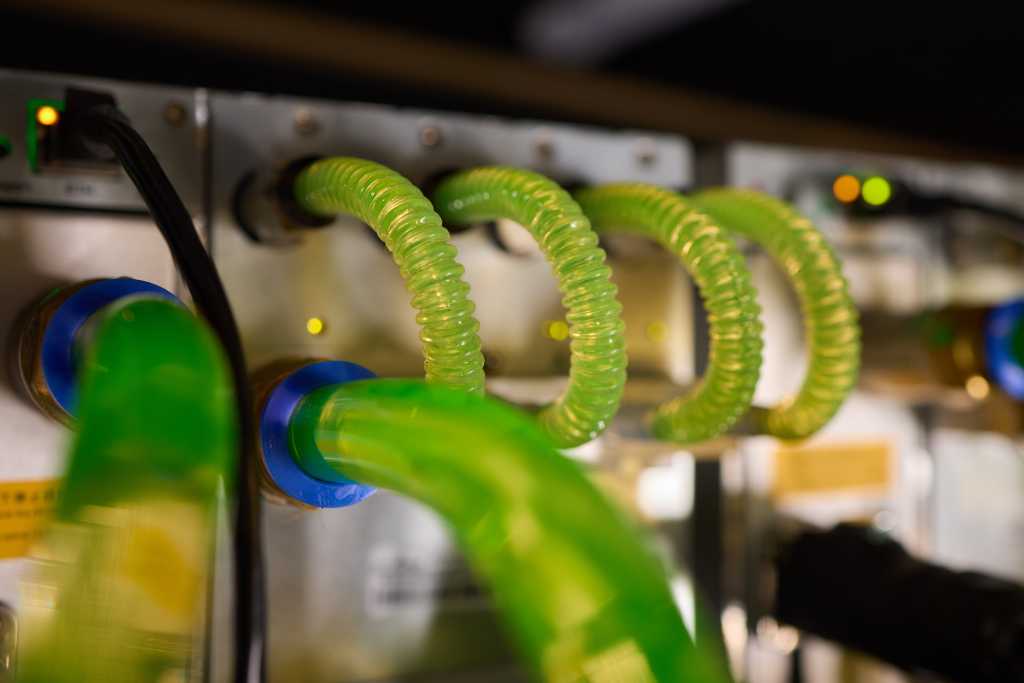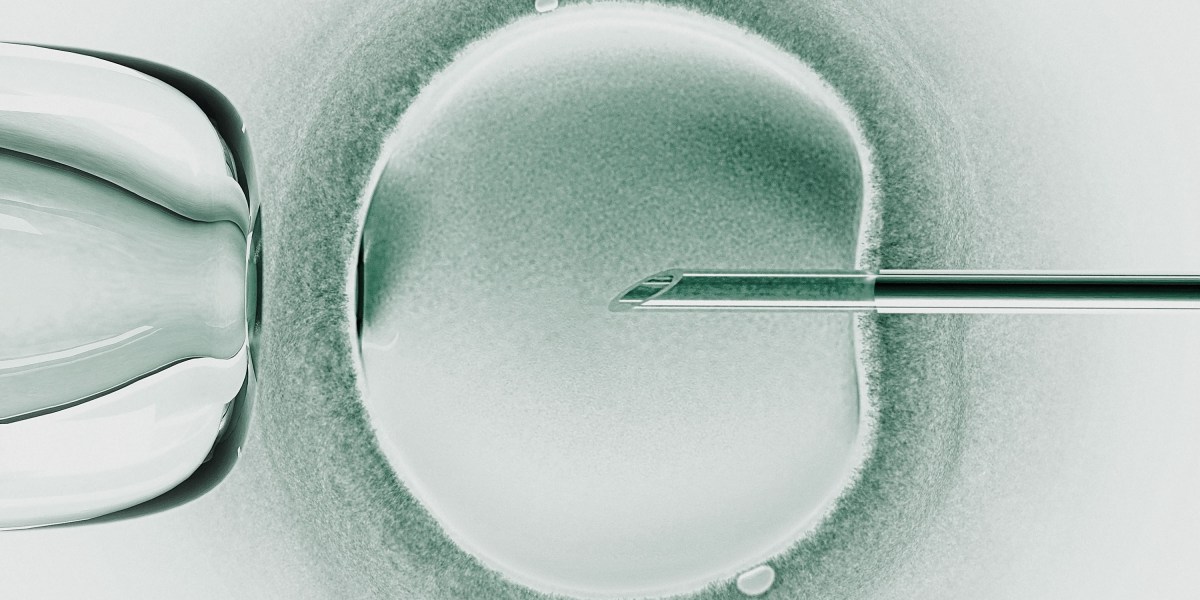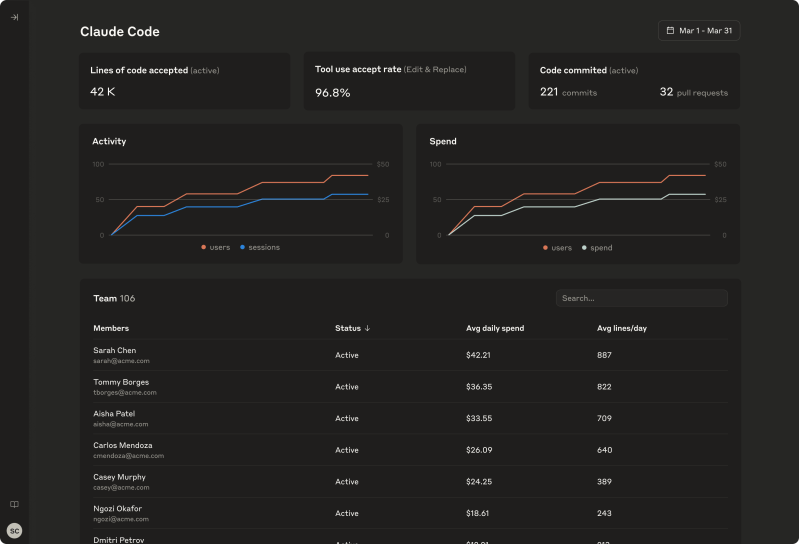Italian oil and gas firm Eni has awarded a €520 million (£440m) contract to Saipem for the Liverpool Bay carbon capture and storage (CCS) project.
Eni announced it will proceed with the Liverpool Bay project last week after reaching a financial deal with the UK government.
Centred on the Point of Ayr gas terminal and the Douglas platform in the East Irish Sea, the CCS project forms part of the HyNet North West industrial cluster.
Saipem will convert a traditional gas compression and treatment facility at the Point of Ayr in north Wales into a CO2 electrical compression station.
This will allow for permanent CO2 storage in offshore depleted fields under the Liverpool Bay, Saipem said.
The contract work scope includes engineering, procurement, construction and assistance to the commissioning of the new CO2 compression station.
Saipem said the project will generate “positive employment impacts”, with over 1,000 local resources involved during the construction period.
HyNet North West
The deal between the UK government and Eni comes after the Labour administration pledged close to £22 billion towards the HyNet and East Coast Cluster CCS projects over 25 years.
The HyNet plans involve capturing industrial emissions from regional emitters and transporting the CO2 for storage via Eni’s Douglas CCS platform in the Liverpool Bay.
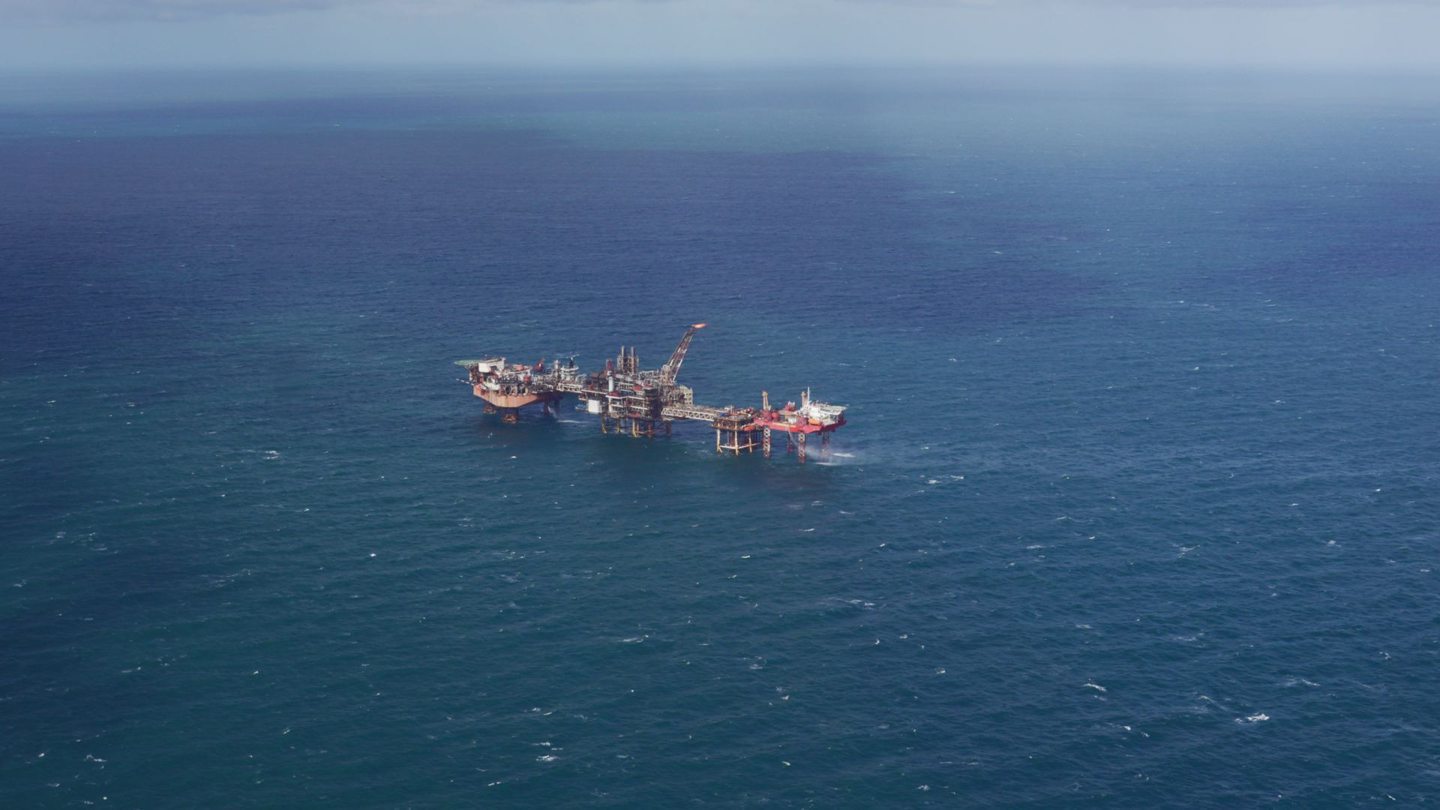 © Supplied by Eni
© Supplied by EniThe project involves repurposing the existing offshore natural gas import pipeline from Point of Ayr gas into a 38-mile CO2 export pipeline.
The plans also include blue hydrogen production, hydrogen storage and a hydrogen pipeline to decarbonise various industrial processes in the region.
Alongside Eni, partners in the £2 billion HyNet project include EET Hydrogen, cement producer Heidelberg Materials and waste management firm Viridor.
The former Conservative government selected HyNet as one of the two Track-1 CCUS clusters in November 2021 alongside the East Coast Cluster.
The CCS component of the East Coast Cluster, known as the Northern Endurance Partnership (NEP), secured a licence from UK regulators last year.
The NEP is backed by North Sea operators BP, Equinor and TotalEnergies.

